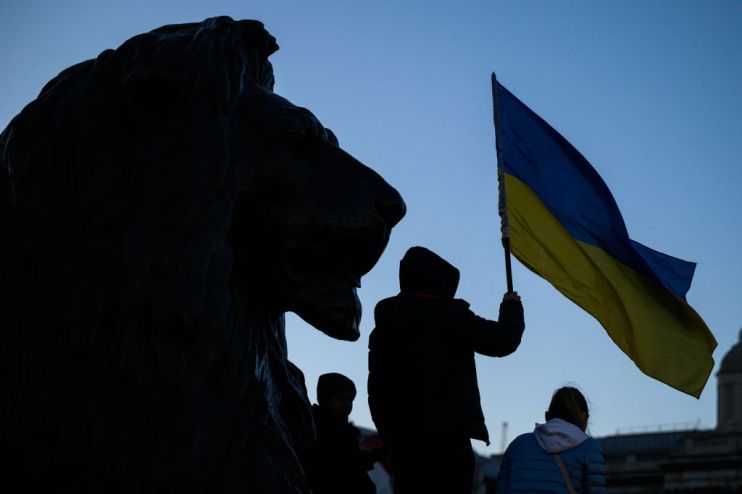Ex-Minister Sir Alan Duncan maintains role at Vitol Services amid pressure to exit Russia-linked firms

Former Conservative MP Sir Alan Duncan has continued his role at Vitol Services, despite growing pressure on British businessmen and public figures to sever ties with firms operating and profiting from ventures in the country.
Duncan joined UK-based Vitol Services in January 2020 as director of development services following a near 30 year career in Westminster politics.
This included multiple cabinet roles such as a four year stint as Minister of State for International Development and a three year tenure as Minister of State for Europe and the Americas.
While Vitol Services is a domestic firm, it is part of multinational energy giant Vitol, which is one of the world’s biggest oil traders.
Vitol currently has a five per cent stake in Vostok Oil – a vast oil and gas oil project in the Arctic favoured by Russian President Vladimir Putin.
The development aims to take advantage of melting ice, and transport oil across previously inaccessible shipping lanes via the Northern Sea Route to Asia, tapping into more than 6bn tonnes of oil reserves.
Proposed output is expected to reach more than 100m tonnes a year by 2030, more than the entire output of the North Sea.
The £110bn project is led by the state-owned Russian firm Rosneft, which is led by UK-sanctioned oligarch Igor Sechin.
When approached for comment by The Observer, Vitol said: “Vitol is appalled and saddened by the unnecessary and unjustifiable loss of civilian life and the suffering inflicted. Vitol manages its business in full compliance with all applicable sanctions.”
Commenting on its stake in Vostok Oil, it added: “Vitol has a small, passive and illiquid interest in an upstream asset controlled by Rosneft. Vitol does not have any directors or management in this asset. Funds relating to the transaction were paid in October 2021. No further payments are being made in relation to the investment. Whilst sanctions remain in place, no payments relating to the investment will be received.”
The company also told The Observer it had not entered into any long-term contracts involving Russian oil since the invasion and its trading on the spot market had been significantly reduced and would decline further.
Vitol has 40 offices around the world including in London, Geneva and Rotterdam.
Earlier this month, Duncan told the BBC Radio 4’s Today programme that there were risks in applying more energy sanctions to Russia.
He said: “Of course we want to disadvantage Russia, but we don’t want to disadvantage ourselves that we fall into some kind of dystopian economic collapse. And we are on the edge of that.”
A source close to Duncan informed the newspaper he had made it clear that he supported effective sanctions against Russia, and he was not involved in any Vitol operations linked to the country.